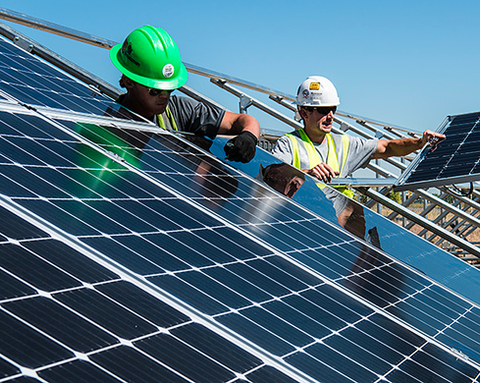DONATE NOW with PAYPAL

Green Fire Times is a platform for regional, community-based voices—useful information for residents, businesspeople, students and visitors—anyone interested in the history and spirit of New Mexico and the Southwest.
GREEN Jobs • Business • Products • Services • Building • Energy • Entrepreneurship; Regional Food & Agriculture • Natural Resource Stewardship • Education • Health & Wellness • History • Arts & Culture • Indigenous Solutions • Local Heroes
Select Stories from the Jan/Feb 2024 Issue
COMMUNITY & ENVIRONMENT
Top-10 Environmental Issues to Watch in New Mexico in 2024
By New Mexico Environmental Law Center Staff
The New Mexico Environmental Law Center is honored once again to be invited by Green Fire Times to share our list of what we consider to be the Top-10 Environmental Justice Issues for the coming year. This annual issue is again guest-edited by Earth Care/Youth United for Climate Crisis Action (YUCCA), and we feel the theme they chose—Defending the Sacred—appropriately centers the mindset and framework this pivotal turning-point requires. Our planet is facing environmental threats on a massive scale that calls for a radical shift from extractive, profit-driven and resource-intensive policies towards true sustainability with proper respect for Mother Earth. That is our greatest hope for current and future generations. We have much responsibility at this moment—the stakes could not be higher. Here are our Top 10 issues for your consideration.
COMMUNITY & AGRICULTURE
El Agua No Se Vende, Se Ama Y Defiende: Acequias Rise to Protect Water
Acequias Rise to Protect Water
By Paula García
On a sunny November day in Taos, acequia leaders from across the state gathered for the annual Congreso de las Acequias. The theme was “El Agua No Se Vende: Se Ama y Se Defiende,” (The water is not for sale; we must defend it). Acequias honored decades of grassroots organizing to protect local acequia waters from being sold and transferred separate from land and community.
As is customary, the Congreso was centered around the Bendición de las Aguas, a water blessing, to honor the sacredness of water, with everyone invited to share water from their respective places, culminating in a blessing by local keepers of tradition. The two days are steeped in a cultural worldview with ceremony, music, art and theater to remind us of our role as caretakers of the water. The gathering was also a commemoration of the 20th anniversary of the passage of legislation in 2003 amending the New Mexico Water Code in response to the threat of the commodification of water.
COMMUNITY RESILIENCE
Empowering Tomorrow: RISE, A Youth-Led Movement for Change
By Nisa Gallegos, Skye Johnson, Destiny Ray, Fatima Torres, David Valencia
Members of the RISE Youth Collective at Earth Care NM, founded in the fall of 2023
In the closing days of Earth Care-New Mexico’s 2023 El Puente Leadership Program, interns filled with vibrant yet melancholic energy decided their activism spirit would not fade away. A young group of leaders from the program founded the RISE Youth Collective, through a dynamic collaboration with mentors/facilitators Miguel Acosta, Bianca Rivera and Mary Ann Maestas.
Resilient, Inclusive, Sustainable and Empowered (RISE) Youth Collective is on a mission to rewrite the script of our future and rebuild our community’s fabric. Rooted in the enchanting city of Santa Fe, our focus extends beyond picturesque landscapes; we advocate for civic engagement and sustainability, unified under the banner of empowerment. As youth, we see a big divide between the south and east sides and want to unify the city with equity and justice.
Other Past Articles
SPONSORED POST
Saturday, November 23, 9am-5pm
Sunday, November 24, 9am - 4pm
Buffalo Thunder Resort & Casino, Pueblo of Pojoaque, New Mexico
Largest two-day holiday art market in NM
Artists . Live Perfomances . Food . Demos
Free Admission & Parking
Green Fire in Images
Contact Us
Ask us a question or subscribe to our mailing list.
Please note: We review and will try to include submitted calendar listings,
though we cannot guarantee all submissions will be added to our calendar.









































